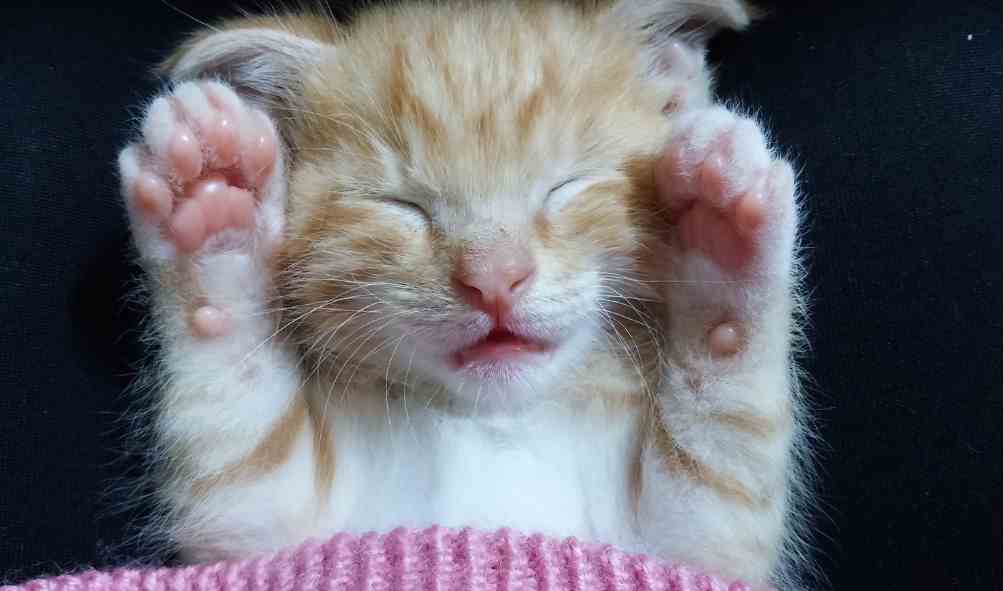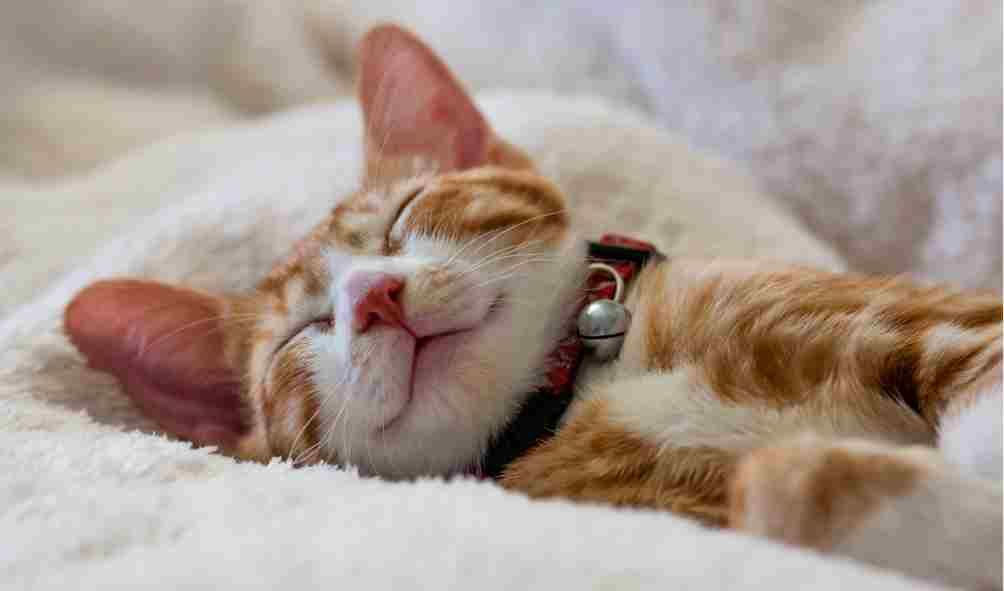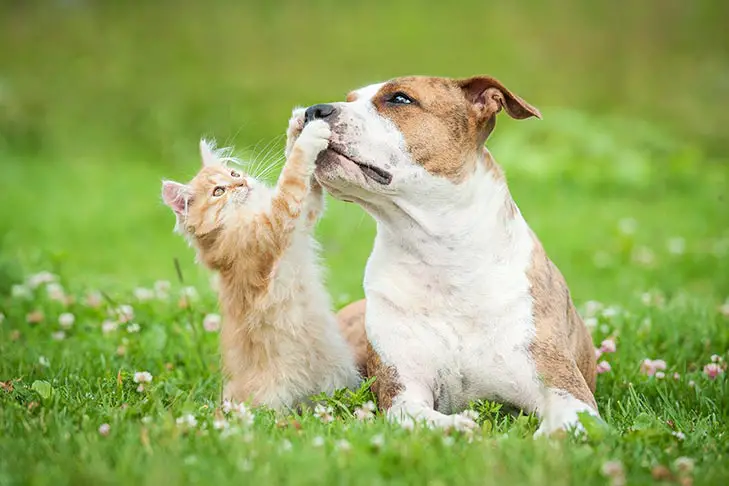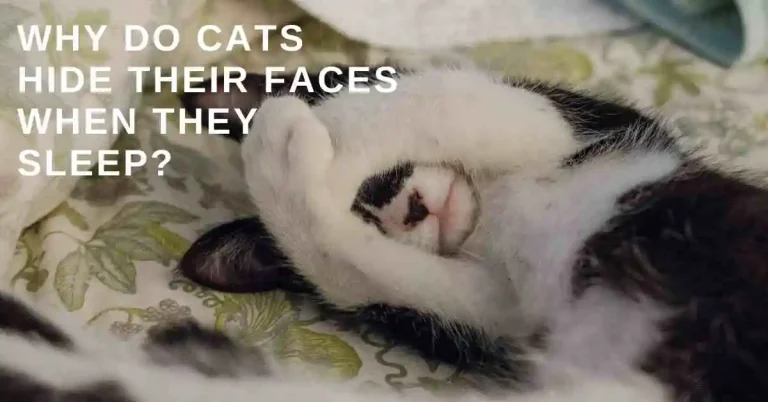Why Is My Cat Twitching In His Sleep?
Cats are known for their love of sleep. However, if you’re a cat owner, you might have noticed that your furry friend occasionally twitches or shakes during sleep. If you’re wondering why this happens, keep reading to find out more.
Understanding Cat Sleep
Cats are crepuscular animals, which means they are most active during the twilight hours of dawn and dusk. They need a lot of sleep to recharge their batteries, and on average, they sleep for around 12-16 hours a day.
Cat sleep is divided into two types: Rapid Eye Movement (REM) sleep and Non-Rapid Eye Movement (NREM) sleep. During NREM sleep, cats tend to have shallow, slow breathing, and their muscles relax. In contrast, during REM sleep, the brain is active, and the eyes move rapidly. This is when most dreaming occurs.
What Causes Twitching During Cat Sleep?
It’s not uncommon to see your cat twitching, jerking, or even vocalizing during sleep. In most cases, this is perfectly normal behavior and is simply a sign that your cat is dreaming. However, sometimes twitching can be a sign of a problem.
If the twitching is excessive or accompanied by other symptoms, such as limping or loss of balance, it could be a sign of a neurological disorder or another underlying health issue.
How to Tell If Twitching is Normal or Not
It can be challenging to tell if your cat’s twitching is normal or not. However, if your cat is twitching excessively, or if the twitching is accompanied by other symptoms, such as limping or loss of balance, it’s essential to take them to the vet for a check-up.
A veterinarian can perform a physical exam and run tests to determine if there is an underlying medical condition causing the twitching.
What to Do if You Notice Abnormal Twitching
If you notice abnormal twitching in your cat, the first thing to do is to schedule an appointment with your veterinarian. They can examine your cat and run tests to determine the cause of the twitching. Depending on the underlying condition, treatment may involve medication, surgery, or changes to your cat’s diet or exercise routine.
When should I be worried about my cat twitching?

Occasional twitching is normal in cats, and it is usually not a cause for concern. However, if your cat is experiencing frequent or prolonged episodes of twitching, you should monitor them closely for other signs of discomfort or illness.
Here are some signs that may indicate that your cat’s twitching is cause for concern:
- Seizures
If your cat is experiencing seizures, it may twitch uncontrollably for an extended period. Seizures can be caused by a variety of underlying health conditions and require immediate medical attention.
- Pain
If your cat is experiencing pain, it may twitch or jerk involuntarily as a result. This can be caused by a variety of conditions, including injuries, arthritis, or neurological disorders.
- Muscle spasms
If your cat is experiencing muscle spasms, it may twitch or contract repeatedly in a specific area. Muscle spasms can be caused by dehydration, nutritional deficiencies, or nerve damage.
If your cat is experiencing frequent or prolonged episodes of twitching, or if you notice any other signs of discomfort or illness, you should contact your veterinarian for advice. They will be able to assess your cat’s symptoms and determine whether further treatment is necessary.
Why does my cat sleep next to me?
Cats are social animals, and they often seek out the company of their human companions. Sleeping next to you is a way for your cat to bond with you and feel safe and secure. Here are a few reasons why your cat may choose to sleep next to you:
- Warmth
Cats are attracted to warmth, and your body heat is a natural source of warmth that can make your cat feel comfortable and cozy.
- Comfort
Cats also enjoy soft and comfortable surfaces, and your bed is likely to be more comfortable than other spots in your home.
- Security
Sleeping next to you can make your cat feel safe and secure. Your cat knows that you are a trusted companion and that you will protect them from harm.
- Affection
Finally, cats often show their affection by seeking physical closeness with their human companions. Sleeping next to you is a way for your cat to show that they love and trust you.
In summary, your cat likely sleeps next to you because they enjoy your warmth, find your bed comfortable, feel safe and secure with you, and want to show their affection for you.
Conclusion
In conclusion, it’s normal for cats to twitch or jerk during sleep, and in most cases, this is nothing to worry about. However, if you notice any excessive twitching or other symptoms, it’s important to take your cat to the vet for a check-up. With proper care and attention, you can help your furry friend get the rest they need and live a healthy, happy life.
Some related FAQs
Can twitching during sleep be a sign of epilepsy in cats?
Yes, twitching during sleep can be a sign of epilepsy in cats. However, this is relatively rare, and other symptoms, such as seizures or loss of consciousness, are typically present as well.
How can I help my cat sleep better?
Cats need a lot of sleep to stay healthy and happy. You can help your cat sleep better by providing them with a comfortable bed in a quiet and dark room, giving them regular exercise, and establishing a routine bedtime.
Can I give my cat medication to help them sleep better?
You should never give your cat medication to help them sleep without first consulting with your veterinarian. Some medications can be harmful to cats, and others may interact with other medications your cat is taking. Your vet can recommend safe and effective sleep aids for your cat if necessary.







